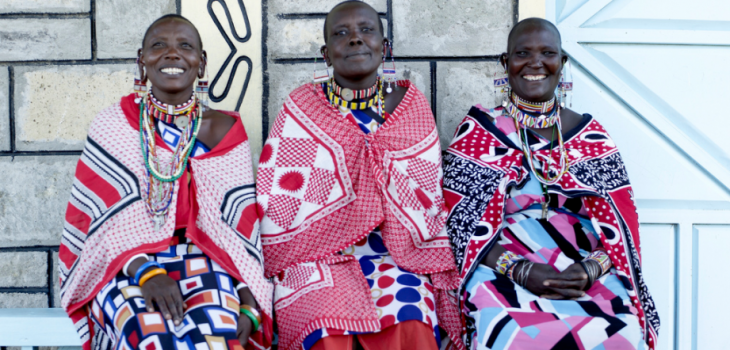By Kate Hawkins (Pamoja Communications Ltd)
The online world is abuzz with campaigns to increase the visibility of women and gender analysis within global health. Campaigns online to prevent ‘all male panels’ and the successful Women in Global Health campaign have drawn attention to systemic and pervasive gender-related weaknesses in our academic systems which mean we fail to adequately address discriminatory norms which may be hampering our analysis. This supplement brings a gender lens to bear on the health system, uncovering new learning which can help us to build more equitable and people-centred research, policy, and practice globally and in different low- and middle-income countries.
How did this supplement arise?
The supplement was spearheaded by Research in Gender and Ethics: Building Stronger Health Systems (RinGs). Funded by the UK Department for International Development, RinGs is working to understand and encourage a gendered approach to the study of care-seeking; financing and contracting; governance; and human resources. It does this by:
- synthesising the evidence base, providing tools, case studies and guidelines on gender, ethics and health systems for researchers and decision makers
- stimulating new research, through small grants aimed explicitly at their partners and affiliates; and
- encouraging mutual learning and research uptake, through networking and dialogue
This supplement is an important step in drawing together emerging evidence on gender and health systems and encouraging others to adopt a similar lens.
What have we learned?
The papers cover a range of health issues and health systems areas and use a range of methods. The findings demonstrate that gender intersects with other axes of inequity within specific contexts to shape experiences of health and health seeking within households, communities and health systems. Gender inequities also act at the level of the individual to shape health experiences across a range of issues and across the life cycle. Health systems policy development does not always pay adequate attention to gender and that even when policies include gender, good intentions can ‘evaporate’. Policy and interventions which consider and address gendered power relationships are needed if we are to transform inequitable systems and structures within the health system.
Health systems researchers have a responsibility to promote the incorporation of gender analyses into their studies in order to inform more strategic, effective and equitable health systems interventions, programmes and policies. This may require both a change in researcher mindset and more investment in initiatives that help to build the capacity of researchers in this area.
Editorial (Sally Theobald et al): The importance of gender analysis in research for health systems strengthening
Original article (Sophie Witter et al): Minding the gaps: health financing, universal health coverage and gender
Original article (Rosemary Morgan et al): Gender dynamics affecting maternal health and health care access and use in Uganda
Original article (Tumaini Nyamhanga et al): Prevention Of Mother To Child Transmission Of Hiv In Tanzania: Assessing Gender Mainstreaming On Paper
Original article (Kelly Muraya et al): “If it’s issues to do with nutrition…I can decide…”: Gendered decision-making in joining community-based child nutrition interventions within rural coastal Kenya
Original article (Fiona Samuels et al): Psychosocial support for adolescent girls in post-conflict settings: beyond a health systems approach
Original article (Sophie Witter et al): The gendered health workforce: mixed methods analysis from four fragile and post-conflict contexts
Image credit: Trocaire











